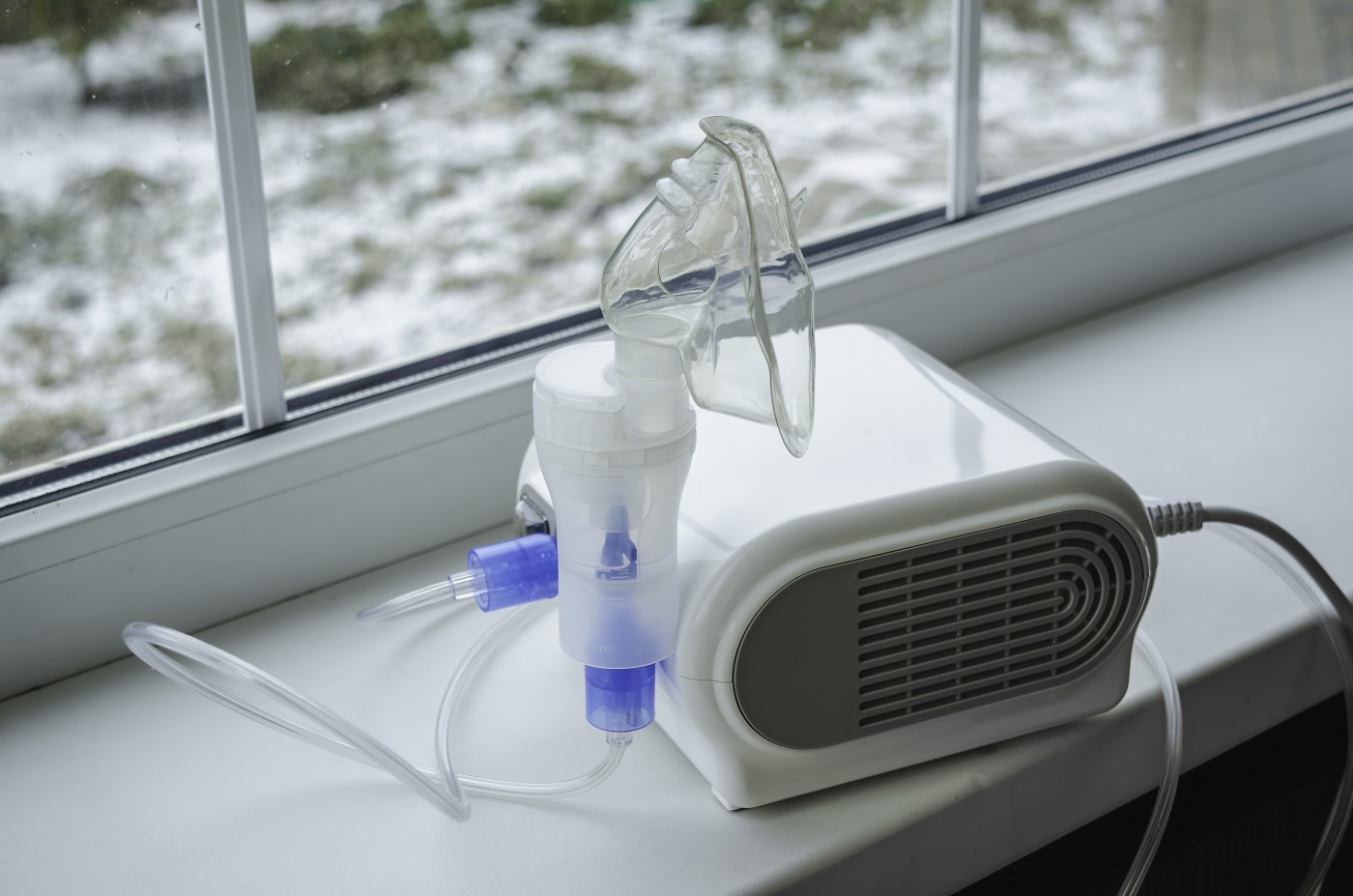PAH Study in Japan Confirms Iloprost as Safe and Effective Treatment for Asian Patients

Iloprost, an inhaled solution, is approved for the management of pulmonary arterial hypertension (PAH) in several countries, including the United States. A new study explored the drug’s effects in a Japanese population and found it to be both efficient and safe, a finding echoing results of previous studies largely conducted in Caucasian patients.
The study, “Efficacy and Safety of Inhaled Iloprost in Japanese Patients With Pulmonary Arterial Hypertension – Insights From the IBUKI and AIR Studies,“ was published in the Circulation Journal.
Earlier studies of inhaled Iloprost mainly involved white PAH patients in North America or Western Europe. Since responses to drugs might differ between ethnically different groups of people, Japanese researchers at Toho University Omori Medical Center, Tokyo, initiated a study to assess Iloprost in a local group of patients.
The IBUKI study was an open-label, Phase 3 clinical trial conducted across numerous centers in Japan. The trial began with a 12-week initiation, during which researchers determined an optimal dose. All patients who tolerated the treatment during those initial weeks were eligible for another 40 weeks of treatment. All were classified as WHO class III PAH, and most were already receiving treatment with either an endothelin receptor blocker or a phosphodiesterase 5 inhibitor.
Researchers compared data from these patients to new data from the AIR study, including Western PAH patients who had not received other treatment before entering the trial. After 12 weeks of treatment, they measured pulmonary vascular resistance in the 21 Japanese patients remaining from the 27 who entered the trial, noting a reduced resistance. The 6-minute walk distance (6MWD) also improved, as did a number of other parameters, such as functional class, and researchers noted that 62 percent of participants improved their overall health condition.
While 22 people entered the extension study, only 17 remained for 40 weeks. On these, the improvements in 6MWD noted at 12 weeks were maintained, and 41.2 percent improved their functional class, while 58.8 were stabile.
Since the IBUKI study did not have a placebo-treated comparison group, data from the AIR study served as comparison. Treated patients in that study improved in a similar fashion to the Japanese patients, while placebo-treated participants deteriorated both in pulmonary vascular resistance and the 6MWD.
Safety data was also similar to what has been reported before, and none of the patients in the long-term extension study experienced clinical worsening, needed heart or lung transplantation, or died.
The study showed that inhaled Iloprost is as efficient and safe therapy in Japanese individuals as in the other populations tested in previous larger clinical trials, further establishing the treatment’s important role in PAH management.







